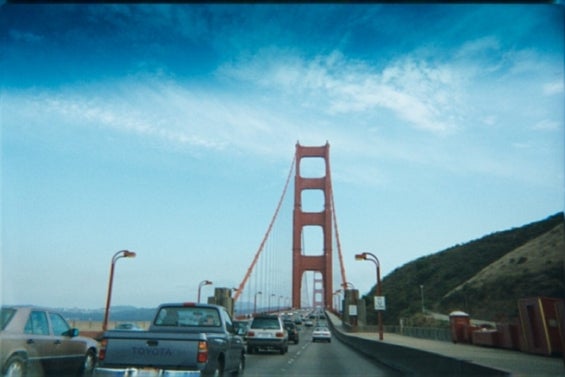Headline News
Stats Shows Big Cities Are Shedding Their Middle Class

The woes of the American worker are well known to Teamsters reading here. Middle-class jobs are fading away, replaced by low-income work that makes it more and more difficult for families to support themselves. Now a new report shows those challenges are even larger for those who live along the East and West coasts.
HSH.com, a mortgage website, found the top eight most expensive cities to buy a home in are along both coasts, led by San Francisco, where buyers need to earn a salary of at least $137,000 a year to afford a home. The City by the Bay is followed by San Diego, New York, Los Angeles, Boston, Washington, D.C., Seattle and Portland, Ore. as being the most expensive places to purchase a place to live.
The result? America’s most economically prosperous cities are being stripped of their middle class, leaving those places with just the very rich and very poor. The average worker is being shown the door in these municipalities, forcing families who may have lived there for generations to uproot if they want to continue to survive.
The latest U.S. Census Bureau data shows that overall larger cities remain more unequal places by income that the rest of the country. Among the top 50 cities, the top 5 percent make 10.8 times as much as the bottom 20 percent, compared to 9.1 times as much nationwide.
That is not what the U.S. is all about. Or at least, it shouldn’t be. But this country is increasingly becoming divided. Income inequality is taking hold, and the result is there is a massive salary gulf in San Francisco, for example, that resembles Rwanda. Its middle class, once 45 percent of the city’s population in 1990, fell to 34 percent in 2012.
Elected officials need to find a way to overcome these increasingly alarming statistics. The good news is there are solutions. First is to invest in infrastructure such as better roads, transportation and broadband networks to grow local economies. The second, and even more important, is to push for more union jobs. Why? Because union jobs pay better and allow hard-working Americans to earn a fair wage with which they can support a family, and maybe even buy a home where they want to live.
U.S. cities should be home to workers of all stripes. That is what made them vibrant in the past and that is what will make them succeed in the future. Now all we need is lawmakers to figure it out too.